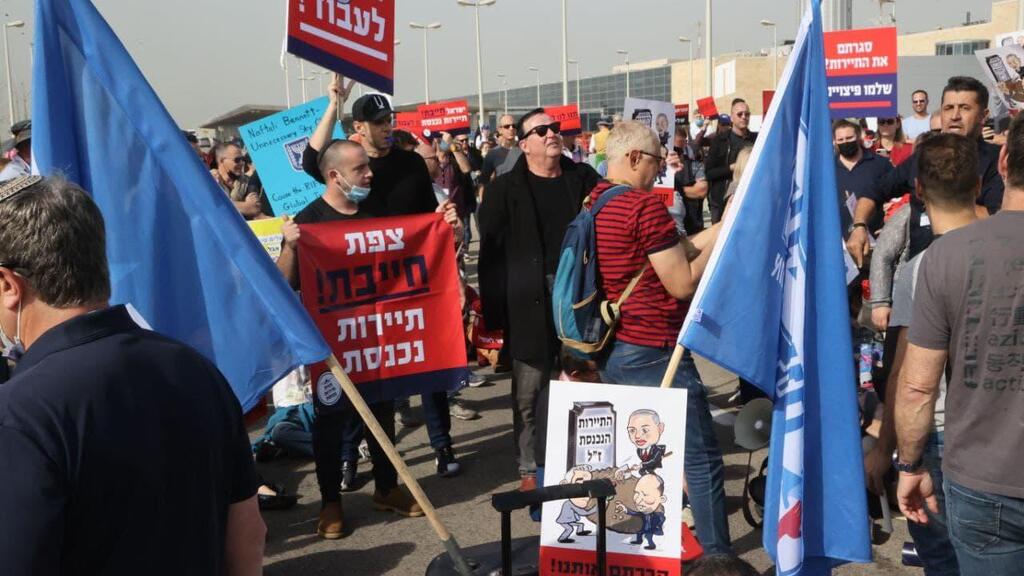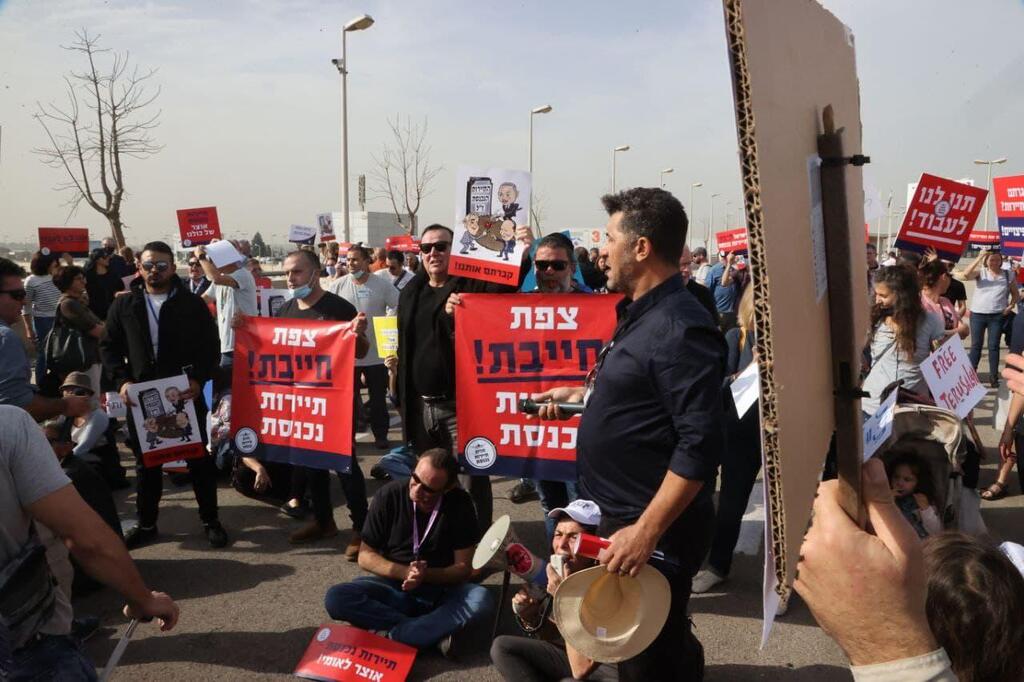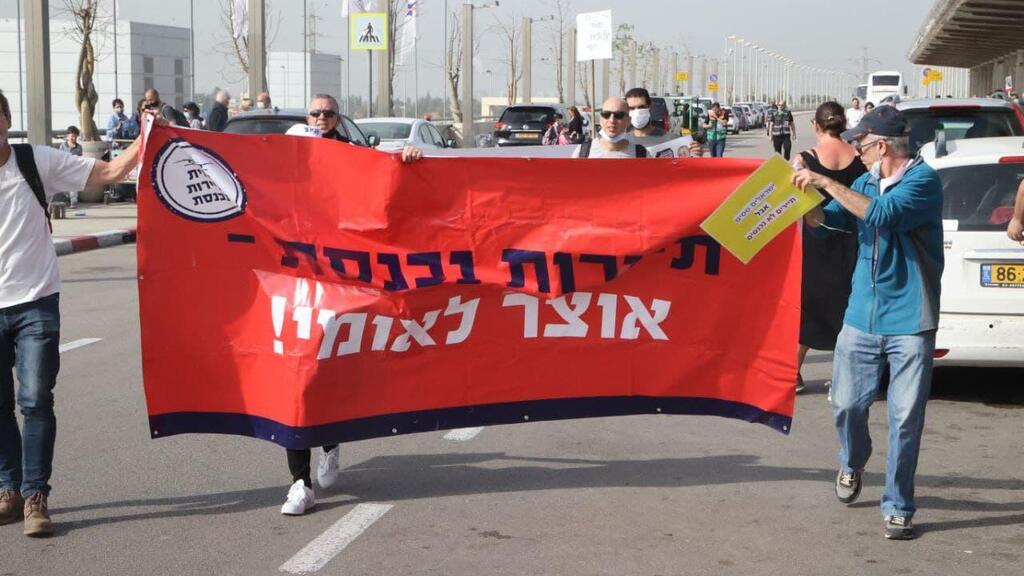Miserable, a slap in the face, and cowardly are just some of the words people working in Israel’s tourism sector are using to describe the Israeli government’s most recent wave of travel restrictions.
In a bid to stop the new Omicron variant of COVID-19 from spreading, foreign nationals are once again barred from entering the country and vaccinated Israelis who return from abroad are required to quarantine for three days with two negative tests. While Israelis currently are permitted to travel, the government has said that it would update every 24 hours a list of “red” countries to which travel is forbidden, effectively rendering trip planning impossible.
Yaniv Poria, a professor of tourism and dean of Ben-Gurion University’s Eilat Campus, called Prime Minister Naftali Bennett’s decisions irresponsible and reprimanded Tourism Minister Yoel Razvozov for failing to stand up for an industry that has been one of the hardest hit by the pandemic.
“If the prime minister makes a miserable, thoughtless, and cowardly decision to shut down tourism in Israel when other countries are not doing the same – preventing tourists from visiting Israel while allowing Israelis to travel abroad – then the tourism minister should have made sure that there would be some form of compensation,” Poria said. “It can’t be that the government considered whether or not to close the skies, but didn’t prepare any kind of compensation package. The prime minister is ignoring tourism workers.”
According to Poria, the decision to shut down everything down so quickly has led many global suppliers in travel to reconsider doing business with Israel in the future.
"In Cyprus, Greece, Turkey, Egypt and the rest of Europe life goes on. It’s only in Israel that things are at a standstill so they don’t want to do business with us,” he said.
Israel in the long run will find itself with a severe labor shortage in tourism and hospitality and unable to compete with other popular destinations. In fact, Israel is beginning to fall far behind other countries that have chosen to invest in this arena, Poria warned.
“Our competitors are continuing to work and move forward,” he said. “In fact, it is during this crisis that the government should have invested in tourism infrastructure, improve the tourism experience, add attractions and figure out how to add buses on the Sabbath. This is what other countries are doing.”
The industry does not only include hotel staff and tour guides, but also bus drivers, restaurateurs, shopkeepers and many others in fields that depend heavily on tourists.
Some 500 workers gathered at Ben-Gurion Airport on Monday to protest government inaction.
The outrage followed controversial statements made by Finance Minister Avigdor Liberman on Sunday, who said that tour guides and travel agents “should find another job.”
Poria called Liberman’s statements unacceptable and emphasized that those tourism workers had gone above and beyond to ensure that all the necessary precautions were taken to avoid spreading COVID-19.
“Governments around the globe are already preparing their tourism industries for the day after the crisis and our finance minister wants to destroy our tourism sector,” Poria said. “By his statements it’s clear that Liberman doesn’t know the tour guide population, which is for the most part made up of veterans in the field, some of them are over 50 years old. They are not at that stage in their lives where they can undergo professional retraining that will lead to alternative careers.”
After his remarks caused an uproar, Liberman on Monday walked them back and said that his ministry is in the process of putting together a compensation package for tourism workers.




